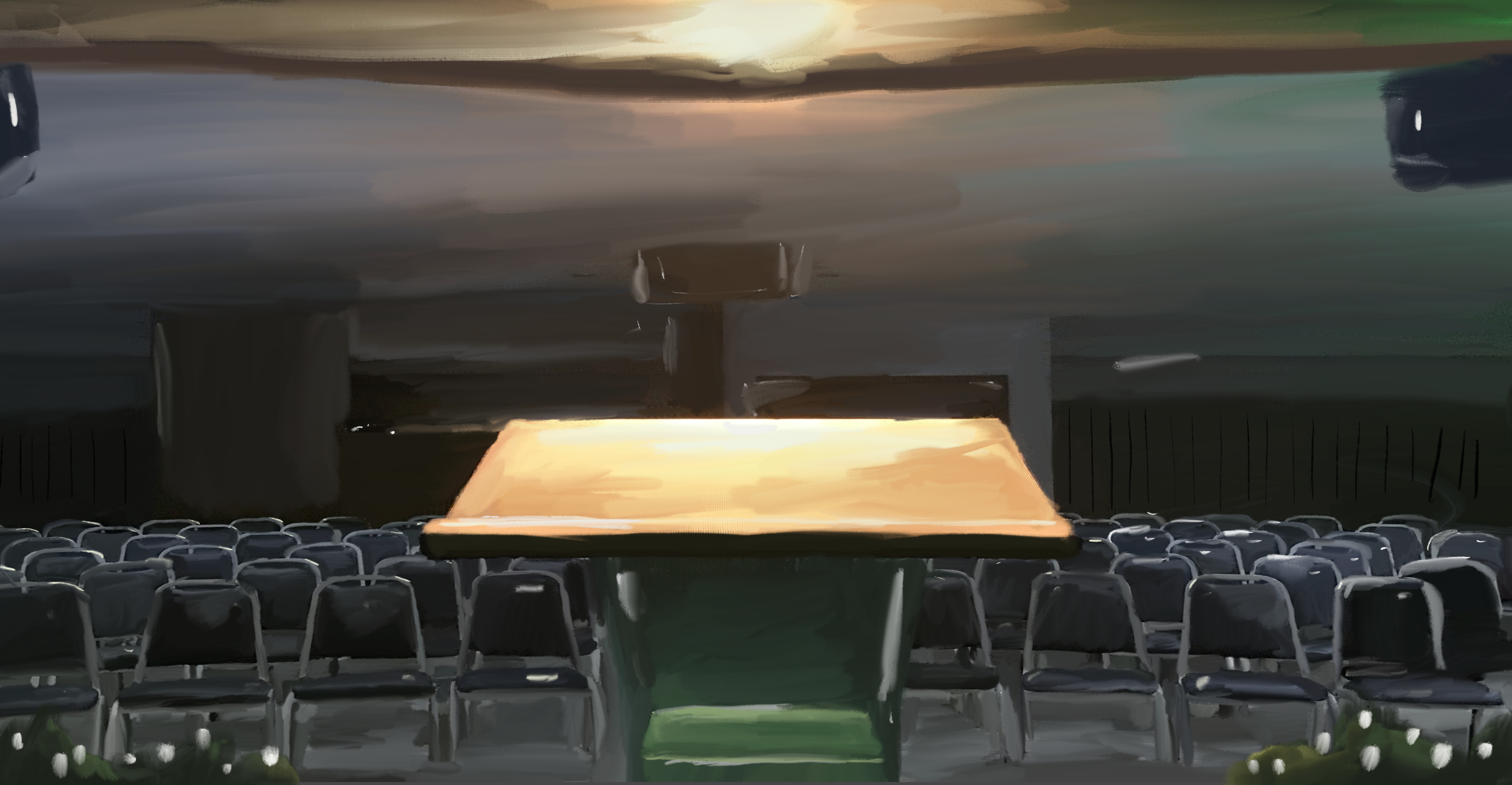
His Oath & Purpose
Epistle to the Hebrews - Part 13 • Hebrews 6:13-20 • January 31, 2021 • English Service 10:00 AM
Sermon Introduction
The author instructed the recipients not to be sluggish, but to follow the example of those who inherit the promises through faith and endurance. The writer then turns the reader to God’s oath and promise. To seal an oath, humans swear on something or someone higher. But since there is none higher than God, He swore to Himself.
The author taught that believers could experience the same benefit as Abraham, who believed patiently with obedience. However, the difference is that believers should believe in the fulfilment of the promise, who is Christ Himself. The author would return to the discussion on Christ’s priesthood according to the order of Melchizedek.
Hebrews 6:13-20 NASB
13 For when God made the promise to Abraham, since He could swear an oath by no one greater, He swore by Himself, 14 saying, “indeed I will greatly bless you and I will greatly multiply you.” 15 And so, having patiently waited, he obtained the promise. 16 For people swear an oath by one greater than themselves, and with them an oath serving as confirmation is an end of every dispute. 17 In the same way God, desiring even more to demonstrate to the heirs of the promise the fact that His purpose is unchangeable, confirmed it with an oath, 18 so that by two unchangeable things in which it is impossible for God to lie, we who have taken refuge would have strong encouragement to hold firmly to the hope set before us. 19 This hope we have as an anchor of the soul, a hope both sure and reliable and one which enters within the veil, 20 where Jesus has entered as a forerunner for us, having become a high priest forever according to the order of Melchizedek.
Notes
The author instructed the recipients not to be sluggish, but to follow the example of those who inherit the promises through faith and endurance. The writer then turns the reader to God’s oath and promise. To seal an oath, humans swear on something or someone higher. But since there is none higher than God, He swore to Himself.
The author taught that believers could experience the same benefit as Abraham, who believed patiently with obedience. However, the difference is that believers should believe in the fulfilment of the promise, who is Christ Himself. The author would return to the discussion on Christ’s priesthood according to the order of Melchizedek.
The author mentioned two unchangeable realities: God’s oath and His purpose concerning the reconciliation of sinful people to Himself. From Adam until today, humans sin, which makes them enemies. God intended to save humans from the justice they deserved (6:13, 16-18).
Abraham believed in the promise that God would greatly bless him and multiply him. The patriarch patiently waited for the promise of a son, Isaac. Abraham kept believing even to the point of sacrificing Isaac as commanded. Thus, Abraham received the promise of a son through Sarah (6:14-15).
The believers' anchor of hope is in God who cannot lie, who made clear His promise and purpose. The hope of believers is in Christ, the high priest forever, who went inside the holy of holies on our behalf. Christ’s priesthood is according to the order of Melchizedek, not Aaron (6:19-20).
Application
Trust with full conviction the two unchangeable realities: God’s oath and His purpose to reconcile humans to Himself through Christ. We need Christ who can save from the justice of God. And we can trust Him to do so.
Let us exercise our faith with endurance and obedience like Abraham. God promised, Abraham believed. God commanded Abraham to sacrifice Isaac, Abraham obeyed, but God stopped him.
Let us have an unshakable faith in Christ. As Christ was above Aaron, He is also above all men. Christ is not under humans; He is not under religion. He is sovereign. Thus, all must submit to Christ and His word. He is the anchor of our souls—no one else.
Discussion / Reflection
What are the two unchangeable realities mentioned?
Why did the author mention Abraham?
What is the significance of Christ entering beyond the veil, the holy of holies?
What kind of faith should we have?



